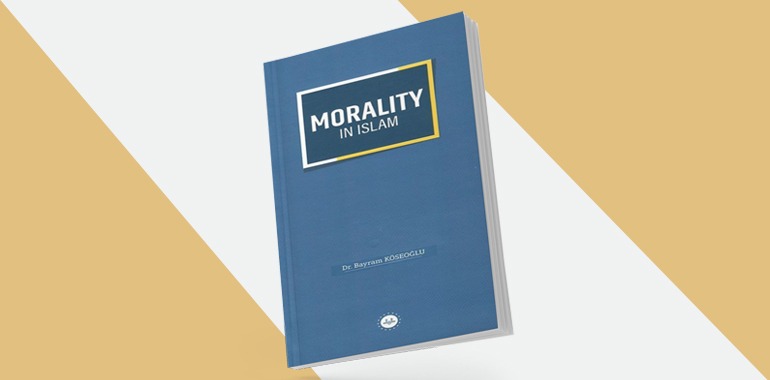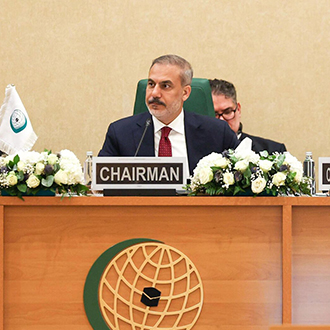Almighty Allah (swt) sent prophets and books to guide people to the truth and goodness. Thus, He revealed divine religions that encompassed orders and prohibitions for people to follow. Religion, in the most general sense, can be described as the path set by Almighty Allah (swt), chosen by individuals with their own minds and wills, leading them to the truth and goodness in terms of faith and deeds. “Iman,” which signifies surrendering to Allah’s orders and prohibitions and being wholeheartedly committed, also necessitates moral conduct.
Separating morality from religion means separating the inner world of man from himself. However, the human being is a whole with his inner world. Morality encompasses not only certain behaviors of a person but also the whole of one’s life. According to this perspective, in addition to all aspects of a person’s life and actions, his relationship with living and non-living things around him is also considered within the scope of morality. The person’s relations with the family, society, and environment in which he lives are also included in the scope of morality. In this context, morality is at the center of religions sent by God. Similarly, Islam as the last divine religion is a source of morality. The two main sources of Islam, the Qur’an, and the sunnah, are also the source of morality.
The Qur’an, as the primary source of the religion of Islam, not only guides people on how to have a correct faith and how to worship Allah but also imparts teachings on the moral characteristics they should embody in their daily lives. In this context, the Qur’an also provides a source of morality by revealing what is right and wrong.
The sunnah, as the second source of morality after the Qur’an, embodies the life of the Prophet (saw) in its broadest sense. Our Almighty Lord (swt) presents the life of our Prophet (saw) as an exemplary model for us in the Qur’an, stating “I was sent to perfect good character.” (Muwatta’, Husn al-Khuluq, 1) Through this hadith, Prophet Muhammad (saw) emphasizes that His life also serves as a source of morality. He (saw) consistently stressed the importance of good morals at every opportunity and encouraged Muslims to cultivate them on every occasion.









